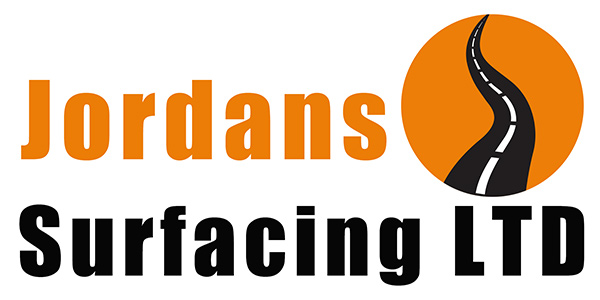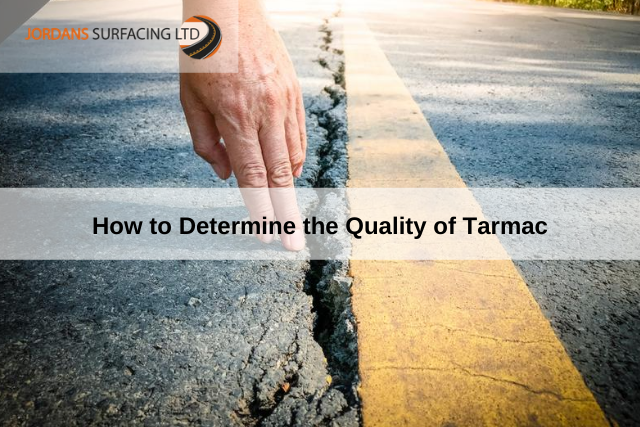Tarmac is one of the most universal materials employed when creating the surface of a road or driveway. Not only is this substance an extremely cost-effective option, but it is known for its ability to withstand harsh elements.
Customers can therefore enjoy years of continuous use with relatively few ongoing maintenance concerns. Still, the type and grade of tarmac will have a massive impact upon its longevity. Let us take a look at some of the variables which are involved when determining the quality of this material.
Compaction
Many professional road surfacing firms will first look at the compaction rate of the tarmac, In other words, this action is to understand how much it will become vertically and laterally deformed when placed under pressure.
Such a calculation is particularly important when dealing with surface that will need to withstand the weight of heavy vehicles (such as a major motorway).
Thickness and Density
These two metrics are directly related to compaction. It only stands to reason that thicker and denser tarmac will be able to endure heavier objects and thus, it is less likely to suffer from issues such as cracking or deformation.
This is also why special mixtures are often required in order to deal with surfaces expected to withstand a significant amount of wear and tear.
The Presence of Air Voids
There can be times when low-grade asphalt contains small air pockets known as voids. These will lead to structural instability and over time, they can cause cracks or fissures to form (two situations requiring repairs). Therefore, some firms will perform tests in order to determine if any internal voids are present.
We should note that these and similar quality control tests are normally left to the experts, as they can easily recognise any potential problems.
If you are hoping to address a tarmac resurfacing project in the near future, it is always prudent to speak with a specialist at Jordans Surfacing.
We will be happy to explain what goes into high-quality tarmac as well as to answer any other questions that you might have.

